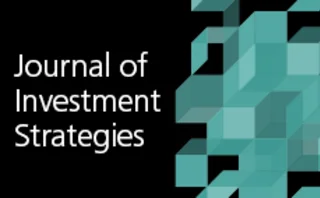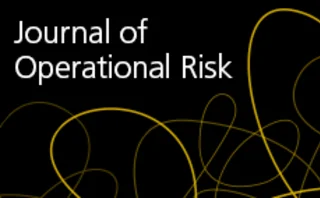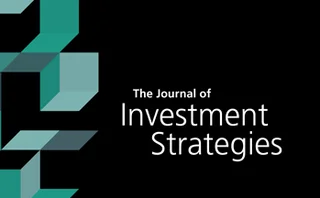Technical paper/Behavioural finance
Charting the landscape of short selling: an infometric study shaped by market sentiments
The authors aim to clarify the formulation of short-selling scenarios by providing a comprehensive bibliometric review of research in areas surrounding the topic.
Randomization of spectral risk measures and distributional robustness
Delving into the investment psyche: investigating the determinants influencing individual investors’ decision-making
Smaller drawdowns, higher average and risk-adjusted returns for equity portfolios, using options and power-log optimization based on a behavioral model of investor preferences
Does the source of information influence depositors’ withdrawal intentions during operational events?
The objective of this paper is to identify whether depositors’ intentions to withdraw funds during operational risk events differ based on the source of information.
Economic policy uncertainty, investors’ attention and US real estate investment trusts’ herding behaviors
Using a quantile regression model, this study examines economic policy uncertainty and investors’ attention for policy risk on US real estate investment trusts’ (REITs’) herding behaviors.
Integrating macroeconomic variables into behavioral models for interest rate risk measurement in the banking book
This paper proposed a nonparametric approach to decompose a macroeconomic variable into an interest-rate-correlated component and a macro-specific component.
Connecting equity and foreign exchange markets through the WM “Fix”: a trading strategy
In this paper, the authors show the connection between equities and foreign exchange markets via this window, they leverage this connection using an algorithmic trading strategy and rank various statistical techniques used to make predictions for trading…
Chaotic behavior in financial market volatility
In this paper, the authors present a robust method for the detection of chaos based on the Lyapunov exponent, which is consistent even for noisy and finite scalar time series.
Behavioral risks at the systemic level
By comparing the Libor and FX benchmark manipulation scandals, this paper describes how misbehavior emerged independently in both of these markets and the conditions that permitted the misconduct to survive and thrive.
The excess returns of “quality” stocks: a behavioral anomaly
This paper investigates the causes of the quality anomaly by exploring two potential explanations - the “risk view” and the “behavioral view”.
Quantifying irrational sentiment
The author uses behavioral finance theory to create a measure that detects when stock markets become irrational.
Market reaction to price changes and fat-tailed returns
Market reaction to price changes and fat-tailed returns





